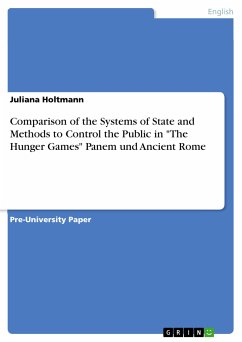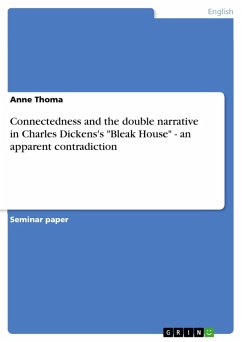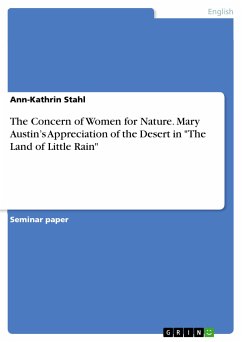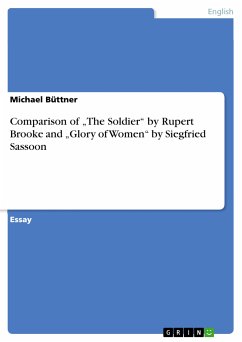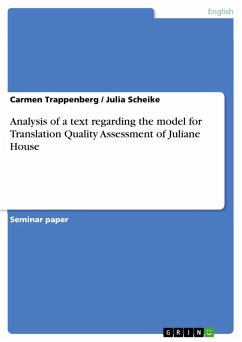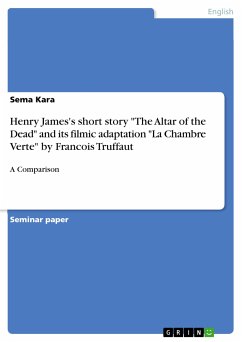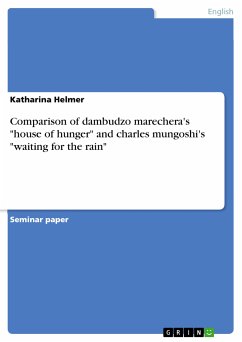
Comparison of dambudzo marechera's "house of hunger" and charles mungoshi's "waiting for the rain" (eBook, PDF)

PAYBACK Punkte
0 °P sammeln!
Seminar paper from the year 2006 in the subject English Language and Literature Studies - Literature, grade: 2,0, University of Regensburg, language: English, abstract: The authors I want to concentrate on in this paper, Charles Mungoshi and Dambudzo Marechera, are both African writers who belong to the so called second generation of Zimbabwean writers which means that they were born between 1940 and 1959 and published in the 1960s and 70s.1They speak for the "lost generation"2which grew up after World War Second in a country reign by a white minority government and shattered by a guerrilla wa...
Seminar paper from the year 2006 in the subject English Language and Literature Studies - Literature, grade: 2,0, University of Regensburg, language: English, abstract: The authors I want to concentrate on in this paper, Charles Mungoshi and Dambudzo Marechera, are both African writers who belong to the so called second generation of Zimbabwean writers which means that they were born between 1940 and 1959 and published in the 1960s and 70s.1They speak for the "lost generation"2which grew up after World War Second in a country reign by a white minority government and shattered by a guerrilla war against that government, and have somehow lost their identity. However although they were born in the same period of time in the same country and were influenced by the same political and cultural circumstances, on which I will put a closer focus later, their lives were very different. Mungoshi grew up in a rural area and stayed in Zimbabwe during the time of war, whereas Marechera was a township child who left Zimbabwe and lived in the exile in England during the time of the war. As a result, their writings, which were heavily influenced by their autobiographies, mirror these differences in their ways of life. In this paper I will first look at the historical background in which both authors grew up, at political, cultural, social and educational circumstances. Secondly I am going to depict what their lives looked like and which were the differences and Gemeinsamkeiten in their ways of life. After that I will analyse how those differences and also the Gemeinsamkeiten in their ways of life influenced their writing, made them develop their special own styles and are mirrored in the themes of their narratives. As an example I will have a closer look at two of their most important writings, which are Dambudzo Marechera's short story collection "The House of Hunger", published in 19 and Charles Mungoshi's novel "Waiting for the rain", published in19.., by analysing them concerning the form and the content, and also by searching for autobiographical traces in both works. In the end I will try to compare both writings and depict the most important differences and gemeinsamkeiten.
Dieser Download kann aus rechtlichen Gründen nur mit Rechnungsadresse in A, B, BG, CY, CZ, D, DK, EW, E, FIN, F, GR, HR, H, IRL, I, LT, L, LR, M, NL, PL, P, R, S, SLO, SK ausgeliefert werden.




